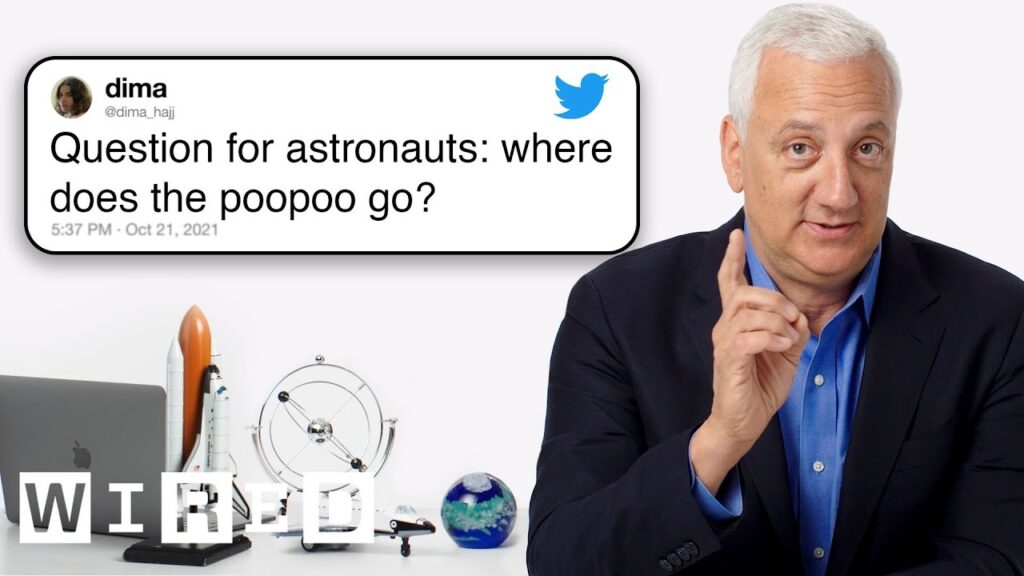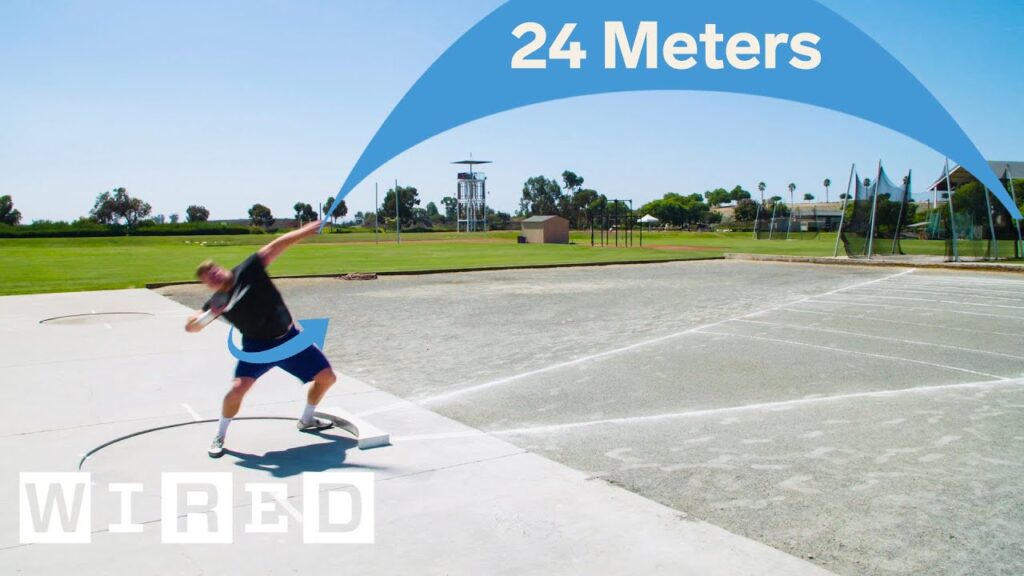Sleeping in Space: Challenges and Solutions
Summary
In this article, we discuss the challenges of sleeping in space, including constant light and the lack of gravity, and how astronauts cope with them. We also explore the evolution of sleep in space, from no sleep during short missions to the need for private sleeping areas on longer missions. Finally, we discuss the importance of sleep for astronauts’ health and well-being during missions.
Table of Contents
- Coping with Challenges: Light and Gravity
- Evolution of Sleep in Space
- Importance of Sleep for Astronauts
Coping with Challenges: Light and Gravity
Sleeping in space can be challenging due to the constant light outside the spacecraft. However, astronauts have window shades to block out the sunlight, and they can adjust the lighting inside the spacecraft to simulate day and night. The lack of a sense of gravity can also lead to nausea, but the brain eventually adjusts to it. It is unclear whether or not people snore in space, but grabbing someone’s ankle may help stop the snoring. The author of this article has not had any nightmares related to space but dreams about going back to space to fix the telescope.
Evolution of Sleep in Space
Sleep in space has evolved over the years, starting from no sleep during short missions to longer missions where sleep became necessary. With the space station, people needed their own private area to sleep, and for longer missions to Mars, crew quarters might need to be larger. Cryo sleep, as seen in movies, may not be the best option for long voyages. Having a private area that is comfortable, quiet, and conducive to an eight-hour sleep cycle is essential. To prepare for longer missions, a better propulsion system is needed.
Importance of Sleep for Astronauts
Sleep is crucial for health and well-being in space, and being on top of one’s game during a mission is vital. The lack of sleep can lead to fatigue, decreased cognitive function, and increased stress levels. Astronauts need to be well-rested to perform their duties effectively and stay alert in case of emergencies. Therefore, having a comfortable sleeping environment is essential for their overall physical and mental health.
Conclusion
In conclusion, sleeping in space is a unique experience that comes with its own set of challenges. However, with the right tools and environment, astronauts can get a good night’s sleep and be prepared for their mission. As we prepare for longer missions to Mars and beyond, it is essential to continue to improve our understanding of sleep in space and develop better solutions to ensure astronauts’ well-being. Being an astronaut is a privilege, and we are grateful for the opportunity to explore the final frontier.







